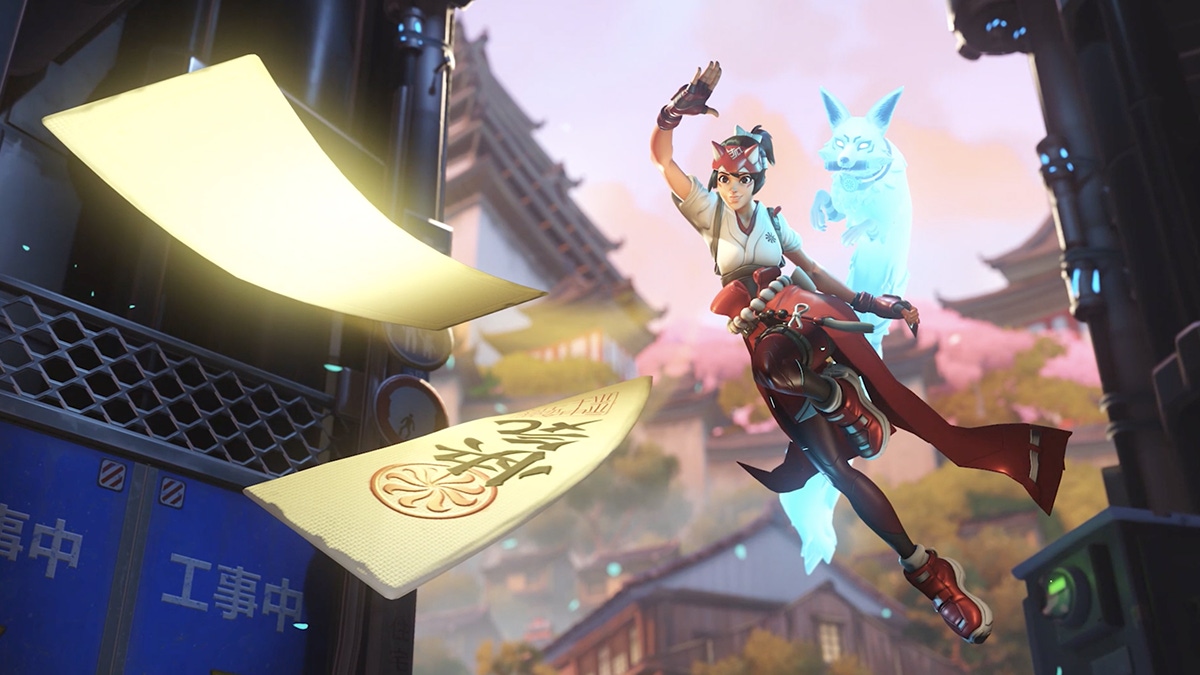Trending
Opinion: How will Project 2025 impact game developers?
The Heritage Foundation's manifesto for the possible next administration could do great harm to many, including large portions of the game development community.
Activision Blizzard's refusal to meet the Department of Justice's requests has resulted in a renewed investigation of the DOJ's antitrust probe.

A recent report from journalist Jacob Wolf shows that the US Department of Justice is resuming its antitrust probe of Activision Blizzard's esports league for its shooters Overwatch and Call of Duty.
The probe followed an inquiry in the summer of 2021 concerning a "competitive balance tax" made for the two leagues, which taxed esports teams whose player wages exceeded $1.6 million (as of 2020). For every dollar spent past that amount, the team affected would pay double that amount to the league, which would then distribute it to teams that didn't exceed that wage limit.
In October 2021, the tax rule was put on hold after Activision Blizzard was reported to have completely ended it, and a settlement between the two parties was proposed.
However, sources speaking to Wolf have said recent discussions between the DOJ and Activision Blizzard fell apart as the publisher failed to agree to particular requests. Among those were a change to the salary cap, which would've lasted beyond Microsoft's incoming acquisition of Activision Blizzard.
With the investigation renewed, the DOJ's Civil Conduct Task Force is determining if that cap has had a negative effect on player compensation. Among those being interviewed are players and employees (current and former) from both Call of Duty and Overwatch's esports leagues, along with attorneys and former broadcast talent.
Similar luxury taxes exist in other sports leagues such as the NBA through agreements between player unions and league organizations. However, as Wolf points out, no such official union exists for either the Overwatch or Call of Duty leagues.
Activision Blizzard's legal conflict with the DOJ is one of many that the publisher has faced in this week alone.
Yesterday, the Game Workers Alliance (made up of QA testers at Raven Software) detailed the first day of its bargaining meetings with parent company Activision Blizzard. The GWA alleged that the publisher wouldn't even meet unless the union paid for its workers' missed time.
Further, Activision Blizzard allegedly chose to shoot down or ignore the proposals made by the union. However, it came to the meeting with a proposal to file complaints against the union.
Similarly, as QA testers at Blizzard Albany are attempting to unionize, the publisher has filed a pair of motions to suspend the current voting process. With these motions, it wants employees from other departments (such as programming or art) to be included in voting, arguing that game development's collaborative nature is incompatible with the NLRB's usual processes.
"The process of creating a video game is, in many ways, the opposite of the traditional production processes in which the Board's precedent has been developed," said Activision Blizzard in its motion.
"Rather than a factory mass producing large numbers of identical (or similar) goods, when considering the creation of the Diablo games, one might think of a team of skilled artisans working together to shape a single, massive sculpture."
You May Also Like